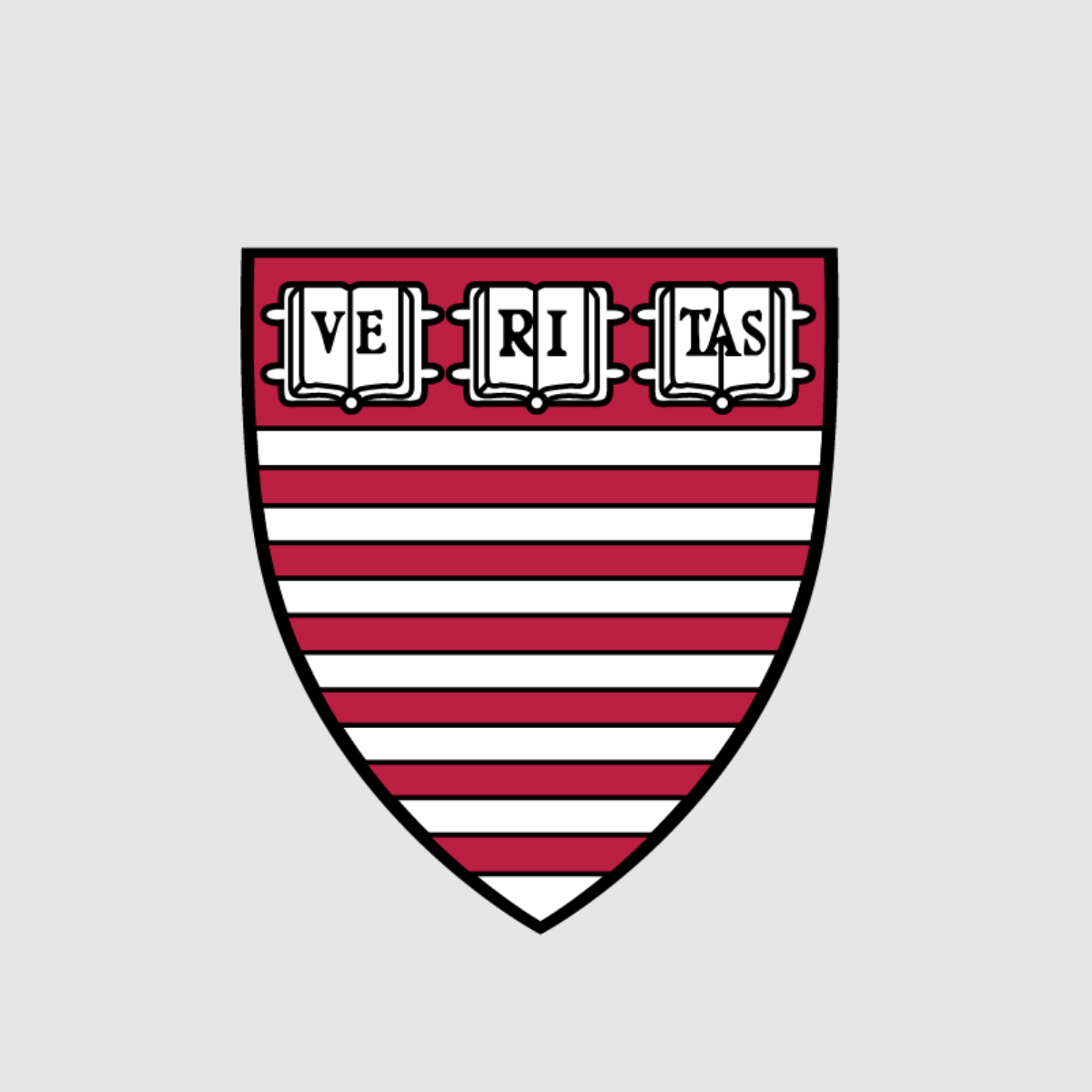Feature
Student Research Explores Open Government Reform in Tunisia
The Tunisian revolution that began four years ago was both turbulent and inspiring, helping to catalyze uprisings throughout the region that led to the Arab Spring’s only complete transition to democracy. Tunisia’s path forward, however, is fraught with equally critical challenges to establishing political stability and effective democratic governance.
After nearly a half century of authoritarian rule, the country’s new democratically elected government is working to institutionalize citizen participation and promote reforms intended to increase transparency and accountability. Nada Zohdy MPP ’15 focused her Policy Analysis Exercise (PAE) research on Tunisia’s sizeable and vibrant civil society, analyzing how these organizations viewed open government reforms unfolding throughout the country.
“There are two basic elements to open government,” Zohdy explained while presenting her research as part of the Ash Center’s weekly student speaker series. “Transparency or opening up information for public scrutiny and analysis is the core element. The second, which was the primary focus of my research, involves increasing opportunities for citizen participation and engagement in the policymaking process.”
Supported by the Ash Center and her PAE Advisor Associate Professor Tarek Masoud, Zohdy traveled to Tunisia in January 2015. She conducted over 30 interviews with civil society leaders, local government officials, and political party representatives in the capital of Tunis and the southern city of Sfax. She followed these interviews with an online survey, capturing data on over 100 organizations.
Zohdy analyzed civil society leaders’ responses to determine if their answers were correlated to the type of organization they were involved with and its location, capacity (budget, number of staff), and functional role (advocacy, research, or service provision). Though she found great diversity in terms of the organizations’ size and capacity — volunteers ran over half of them — she was surprised to see universal support for open government reforms and transparency measures in particular.
“Some of the civil society leaders I spoke with were younger folks who considered themselves watchdogs of the revolution,” said Zohdy. “They were committed to holding the government accountable and seeing Tunisia achieve its full democratic potential. Other people, especially older individuals, identified transparency-related reforms and good governance as vital for encouraging economic investment, which they saw as the most important thing for Tunisia’s future.”
“While their motivations may have varied, it was truly inspiring to find such a universal commitment to improving democratic processes,” said Zohdy. “It reflected the general spirit I saw in the country, and the sense that Tunisians had achieved something historic and their actions would have a direct impact on future generations.”
Zohdy was also surprised to find that many civil society leaders viewed their relationship to the government as collaborative as opposed to adversarial. They saw their close, on-the-ground connection to everyday citizens as a resource for local government officials who were interested in meeting with them, and they recognized the significant challenges government officials faced — many of whom were holding office for the first time.
“What I’ve learned from completing this project and from my coursework at HKS is that citizen participation can be messy, but it’s always worth it in the end,” said Zohdy. “The more you can get diverse players to invest in the process, trust each other, and commit to realistic goals and timelines, the stronger your government institutions.”
Looking forward, Zohdy hopes that Tunisia will continue to develop traditional forms of civic engagement, like voting, while broadening and deepening participation through initiatives that give citizens a direct role in the policymaking process.
This fall, she is beginning a job at the OpenGov Hub in Washington, DC, where she will continue to support civic engagement and transparency-related reforms around the world, including in places where democracy is most fragile.
